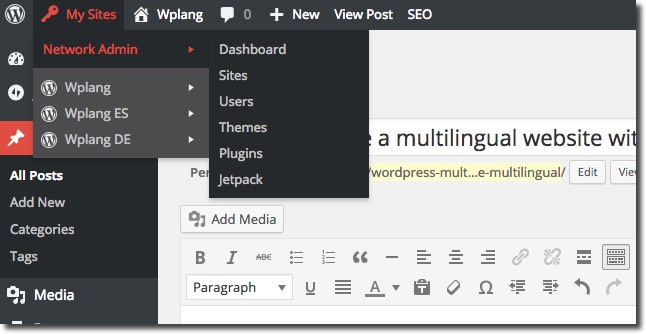
Prior to WordPress 3.0, Multisite was called WordPress MU (or multi-user) and was a separate software package that needed to be downloaded and installed. WordPress 3.0 merged MU into the core of WordPress. Multisite is not enabled by default, so it’s important to understand the differences before enabling Multisite in your WordPress installation. A site … Continue reading “WordPress – How to enable multisite”
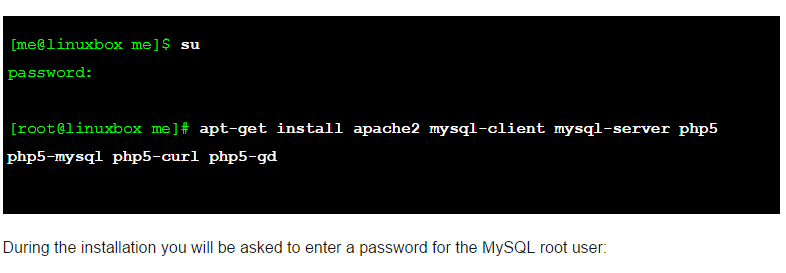
In this guide we will be showing step by step how to install the latest version of WordPress (currently 4.2.2) and the entire software stack required for it to function on Debian 8 Jessie and Debian 7 Wheezy. This is a first install guide of WordPress and not an upgrade. Preparing Your System For WordPress … Continue reading “GNU/Linux – How to install WordPress on Debian 8 (Jessie)”
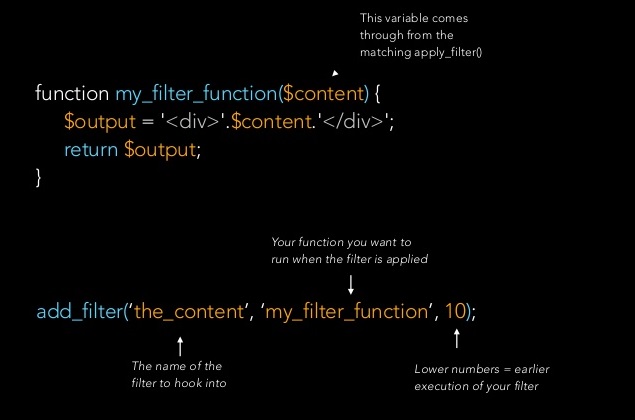
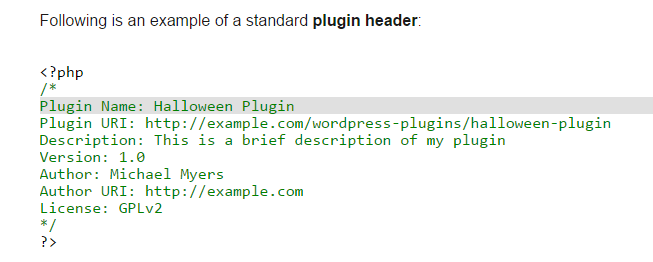
(At the time of this writing, last stable WordPress version was 4.4.2) In the plugins folder (normaly at …/wp-content/plugins) create a new folder with your plugin name. The name should be unique because all WordPress plugins exist in the same folder. If your plugin file name is too generic, you run the risk of another … Continue reading “How to create a WordPress plugin”
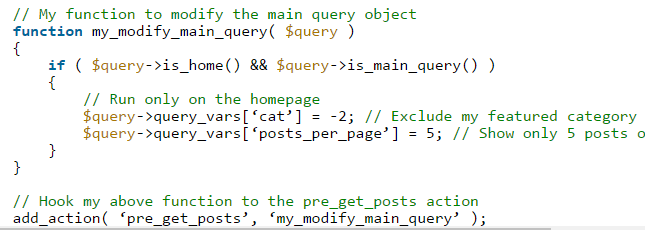
Introducing pre_get_posts With pre_get_posts you can modify the main query anywhere on your site without ever touching a single file within your theme and pagination will continue to work as expected. pre_get_posts is an action hook that is called after the query variable object is created, but before the actual query is run. This means … Continue reading “Modifying the main WordPress query the right way”






